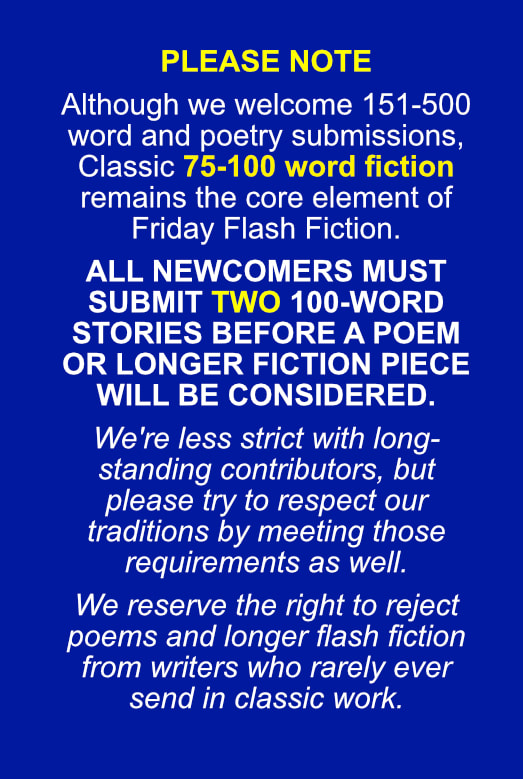From her teens when she first met Tom at a dance, to their life in the same rural Oregon town, Jenna was known for being stubborn.
Even with children and grandkids, the word “no” was often her response to anything new. Including “no” to selling and moving.
“You could visit your grandchildren without that drive,” her daughter suggested. “No! I’m staying put,” Jenna replied.
Her most puzzling rejection was the “yes” to a new washing machine but “no” to a clothes dryer. Even the grandkids couldn’t persuade her.
“Grandma, you could stop hanging laundry. Your back wouldn’t hurt.”
“No!” she said.
Laundry days came with a ritual. Jenna would tie back her long greying hair and don comfy clothes. She’d hang the wash, get a book and coffee, and settle into a couch on the porch.
For hours.
During summer, Tom might find her still outside upon returning from his plumbing-electrical store.
And when autumn’s chill descended early, she sometimes left the laundry out overnight.
She would shoo away offers of help, saying only, “This is my Heaven on Earth. Leave me be.”
It would become her standard response through all the seasons.
Then came the late-summer evening Jenna’s Heaven and Earth collided: Tom found her unconscious on the outdoor couch.
The Portland hospital doctors were baffled by her coma.
Tom eventually left her bedside. “She would want me to check the house.”
The first thing he saw was the now dusty laundry, still hanging.
Tom eased himself onto the outdoor couch and began his to-do list. Sleep overcame him.
He awakened to crickets and frogs announcing nightfall. As evening’s shade drew over the yard, breezes sent the laundry swirling. Jasmine hinted of romance.
That night Tom dreamed of his and Jenna’s first dance — and kiss.
The next day, it was the birds’ early morning chorus serenading the sun that sent him outdoors. Wobbling atop the clothesline were two orioles. Smiling at their antics, Tom found the couch and relaxed. The laundry could wait.
A midday shower lined wires with raindrops, which danced off in a seemingly choreographed ballet. A visual meditation.
Tom was beginning to understand why Jenna so cherished her wash days.
And what he needed to do.
Three days later, the laundry still hanging, Tom returned to the hospital.
With a cushion from her couch, he propped up Jenna’s head, placing a laptop beside her.
“The clothesline. It’s waiting for you,” he whispered, starting a video and boosting the volume.
Crickets and frogs, birds, raindrops and breezes, towels dancing — it was as if the clothesline and yard were alive in Jenna’s hospital room.
“Mr. Stoddard,” Tom shook his head but the nurse’s voice persisted. “We need to move your wife. You can finish showing her the video after.”
There was a sudden twitch. Had Jenna responded?
Then from her lips came the most joyous sound Tom had ever heard.
“No!"

